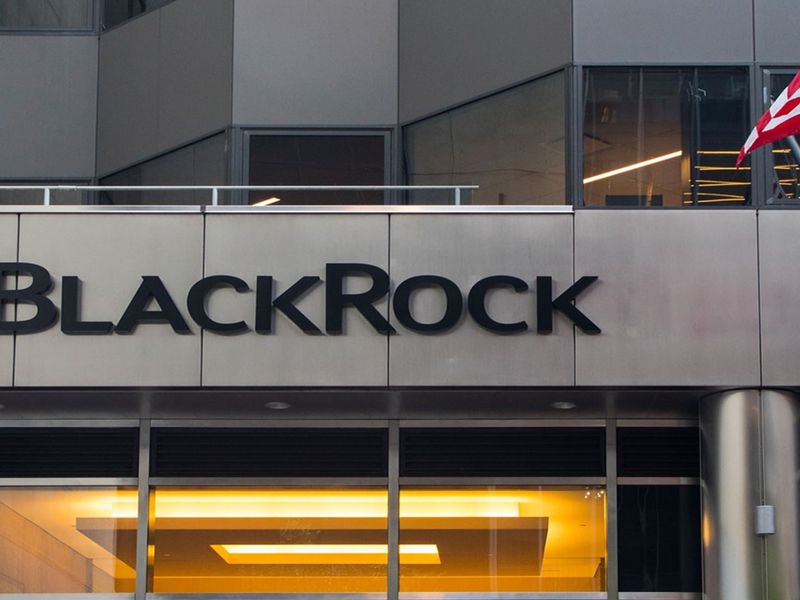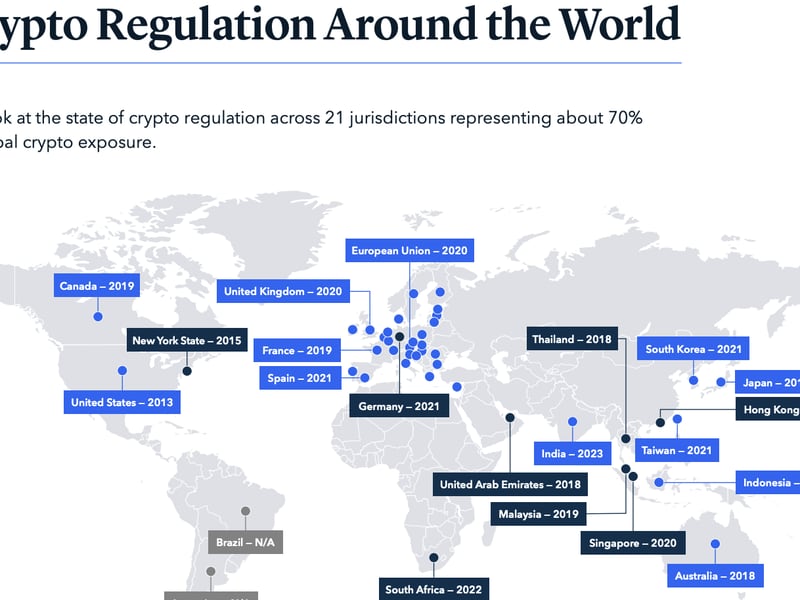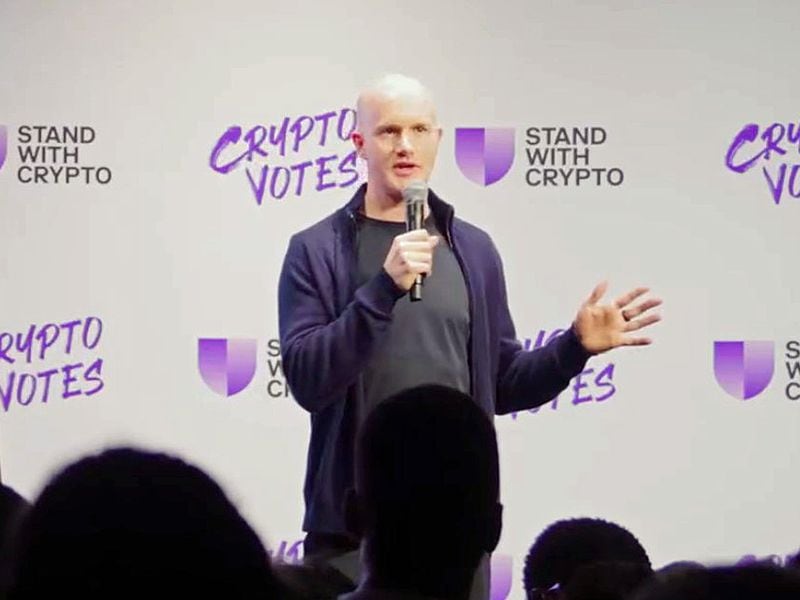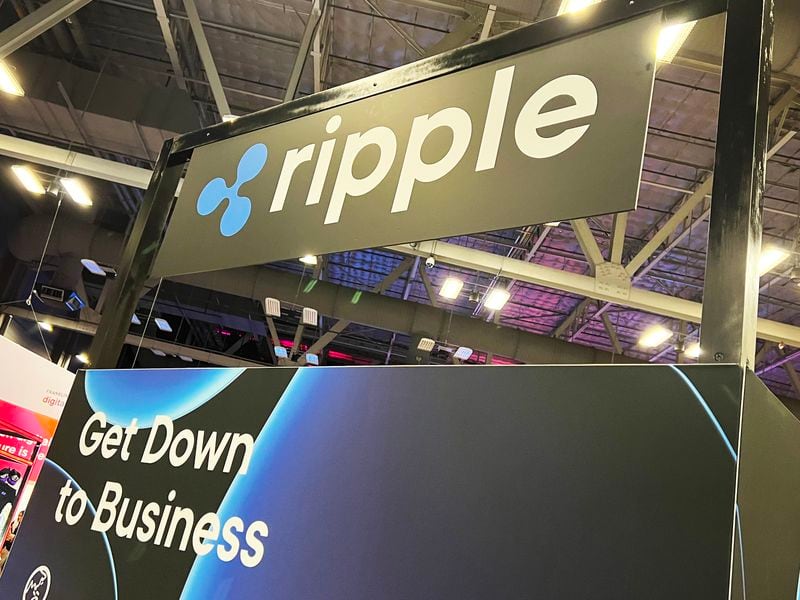‘Anonymity Vouchers’ Could Bring Limited Privacy to CBDCs: ECB Report
ECB image via Shutterstock
‘Anonymity Vouchers’ Could Bring Limited Privacy to CBDCs: ECB Report
The European Central Bank (ECB) is thinking through the logistics of a hypothetical central bank digital currency (CBDC).
Revealed Tuesday in an ECB report, Europe’s central bankers have developed an “anonymity voucher” to give prospective CBDC users limited privacy in their retail transactions.
The ECB’s “novel new concept” aims to bridge two clashing forces in the digitized payments landscape: Europeans’ desire for private transactions and regulators’ demand for anti-money-laundering (AML) enforcement.
“The ongoing digitalisation of the economy represents a major challenge for the payments ecosystem, requiring that a balance be struck between allowing a certain degree of privacy in electronic payments and ensuring compliance with regulations aimed at tackling money laundering and the financing of terrorism (AML/CFT regulations),” the report’s executive summary said.
The anonymity vouchers, issued to all account holders at a “regular interval” regardless of their account balances, could be redeemed on a one-to-one basis to shield their transactions, the report states.
Under the proposed system, if Alice wants to anonymously send CBDC tokens to Bob, Alice must hold the equivalent number of anonymity vouchers. The anonymized transactions would skip reviews from the ECB’s proposed AML Authority, the intermediary reviewing all transactions.

However, if Alice does not have enough vouchers she cannot send an anonymous transaction. The ECB said vouchers cannot be transferred between individuals, are “time-limited” and are released in limited batches by the AML Authority.
Anonymous vouchers, the report states, “are simply a technical tool used to limit the amount of CBDC that can be transferred anonymously. This means that limits on anonymous CBDC transfers can be enforced without recording the amount of CBDC that a user has spent, thereby protecting users’ privacy.”
In a tweet, the ECB hailed its research as evidence that privacy concerns and regulatory demands can coexist in a CBDC:
Disclosure Read More
The leader in blockchain news, CoinDesk is a media outlet that strives for the highest journalistic standards and abides by a strict set of editorial policies. CoinDesk is an independent operating subsidiary of Digital Currency Group, which invests in cryptocurrencies and blockchain startups.









